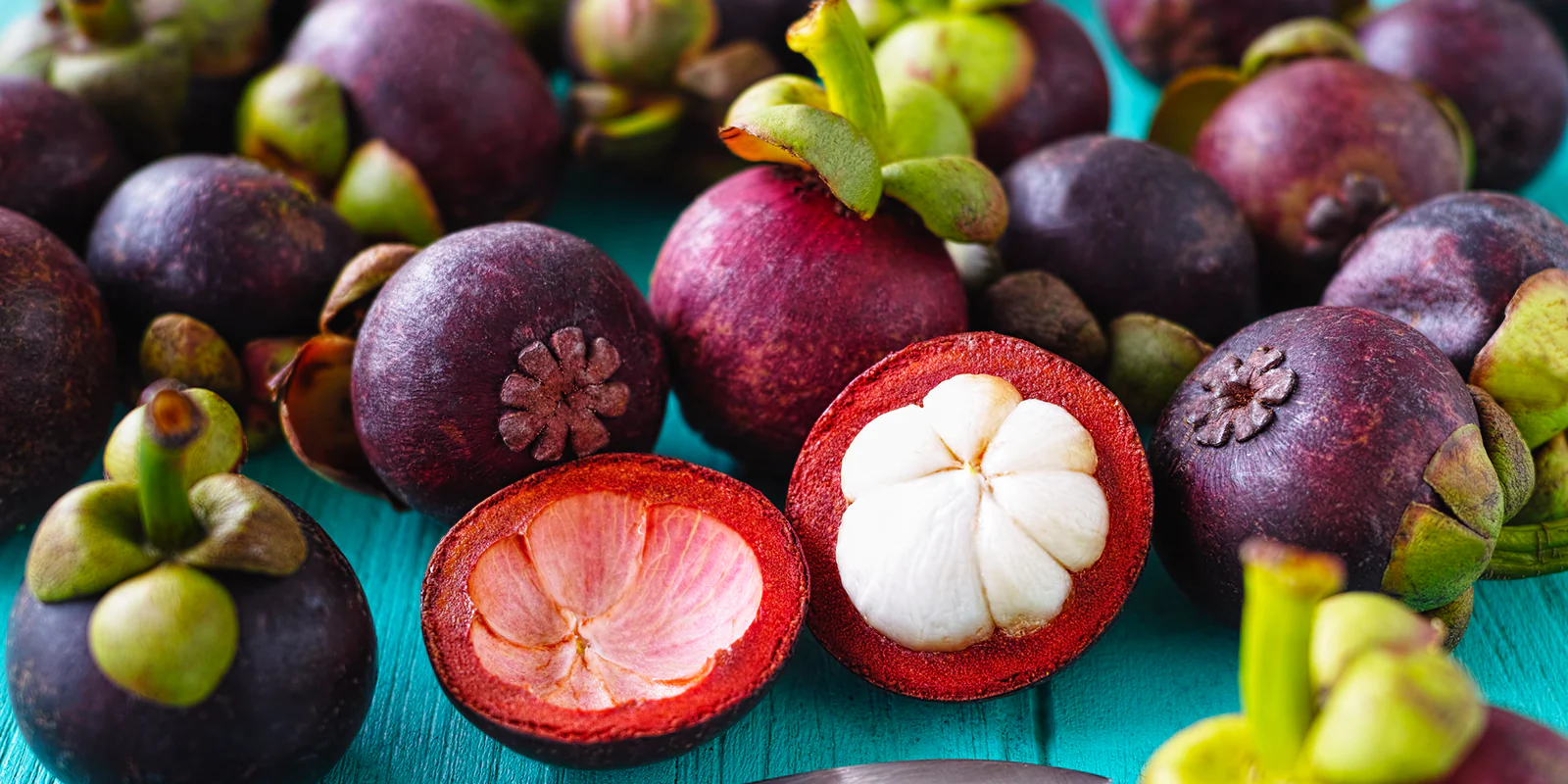Can Dogs Eat Mangosteen?
In recent years, there has been a growing interest in providing our furry friends with a variety of fruits and vegetables as part of their diet. As pet owners become more conscious of their dog’s nutrition, questions arise about which fruits are safe and beneficial for dogs. One fruit that has gained attention in this context is mangosteen. But can dogs eat mangosteen? In this article, we will explore this tropical fruit and its suitability for canine consumption.
Introduction
Dogs are known for their love of treats, and as pet parents, we want to offer them a variety of tasty and healthy options. Mangosteen, with its sweet and tangy flavor, may seem like an appealing choice. However, before introducing any new food into your dog’s diet, it’s essential to consider its impact on their health and well-being.
Can Dogs Eat Mangosteen
Understanding Mangosteen
Mangosteen is a tropical fruit native to Southeast Asia. It’s often referred to as the “queen of fruits” due to its delicious taste and potential health benefits. The fruit has a thick, purple rind and juicy, white flesh on the inside. While it’s enjoyed by many humans, can the same be said for our canine companions?
Nutritional Content
Mangosteen is packed with essential nutrients, including vitamins C and B6, fiber, and various antioxidants. These nutrients can be beneficial for humans, but do they hold the same advantages for dogs?
Potential Benefits for Dogs
While there is limited research on the effects of mangosteen specifically in dogs, the antioxidants present in this fruit may potentially offer some health benefits. Antioxidants can help combat free radicals in the body, which could contribute to overall well-being.
Can Dogs Eat Mangosteen
Risks Associated with Mangosteen
On the flip side, mangosteen also contains natural sugars, which may not be suitable for dogs, especially those with diabetes or weight issues. Moreover, the fruit’s seeds can pose a choking hazard, and the thick rind may be challenging for dogs to digest.
Can Dogs Eat Mangosteen
Feeding Mangosteen to Dogs
If you decide to share mangosteen with your dog, it’s crucial to do so in moderation. Remove the seeds and rind, offering only the flesh in small, bite-sized pieces. Always observe your dog for any adverse reactions, such as gastrointestinal distress or allergies.
Moderation is Key
As with any new addition to your dog’s diet, moderation is key. Dogs have specific dietary needs, and while mangosteen may offer some nutritional benefits, it should not replace their regular balanced dog food.
Alternatives to Mangosteen
If you’re looking to add some variety to your dog’s diet, there are safer alternatives to mangosteen. Consider fruits like apples, blueberries, or watermelon, which are generally well-tolerated by dogs and provide essential nutrients.
Can Dogs Eat Mangosteen
Conclusion
In conclusion, while mangosteen may offer some potential health benefits for dogs, it should be approached with caution. Always consult with your veterinarian before introducing new foods into your dog’s diet, especially if your pet has specific health concerns. Remember that moderation is key, and there are safer fruit options available for your furry friend.
FAQs
- Can dogs eat mangosteen seeds?
- No, mangosteen seeds can be a choking hazard for dogs and should be removed before feeding.
- Is the mangosteen rind safe for dogs to eat?
- It’s best to avoid feeding dogs the mangosteen rind, as it may be difficult for them to digest.
- Are there any known allergies to mangosteen in dogs?
- While rare, some dogs may be allergic to mangosteen. Watch for signs of allergies, such as itching, vomiting, or diarrhea.
- Can mangosteen be given to puppies?
- It’s generally best to avoid introducing exotic fruits like mangosteen to puppies. Stick to a balanced puppy food diet.
- How often can I give mangosteen to my dog?
- Occasional treats are fine, but do not make mangosteen a regular part of your dog’s diet.
